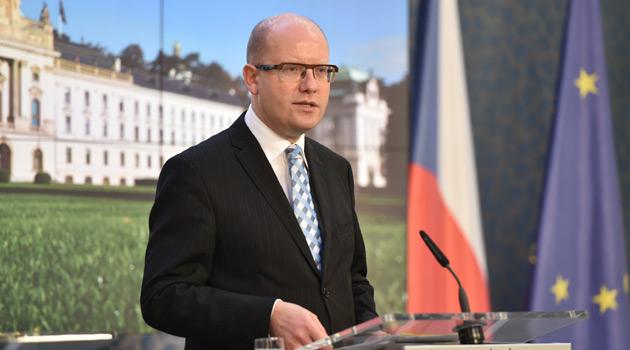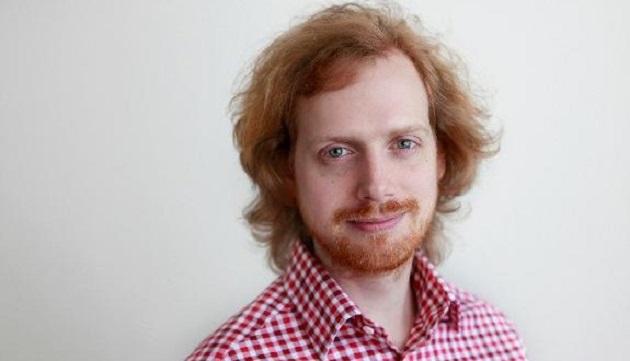The Czech Government and its various agencies should receive this year, for the first time, more comprehensive data about the life of Romani people in the Czech Republic. The data should be about access to health care or social services in ghettos as well as education, employment and housing.
Thanks to this data, it will be possible to assess and better target measures to improve the situation of the Romani minority. A methodology for this assessment has been published on the website of the Czech Government Council for Romani Minority Affairs.
Romani people comprise roughly 2 % of the population of the Czech Republic. The country has lacked data about their situationfor a very long time, as no institutions or official records ask for or include the parameter of ethnicity.
According to the last annual report on the state of the Romani minority, there were approximately 226 300 Romani people living in the Czech Republic in 2015, according to expert estimates, half of whom live in social exclusion. In the Moravian-Silesian and Ústecký Regions as many as two-thirds of Romani inhabitants end up on the outskirts of society.
The number of ghettos in the country has doubled between 2005 and 2015, from 300 to 600. According to experts, it is impossible to assess the development of the situation for Romani people, as well as developments in other areas of life, without data so that financing and measures can be effectively targeted.
Such data collection has been neglected in the Czech Republic for a very long time. More than 10 years ago, the country’s first-ever Human Rights Minister, Džamila Stehlíková, did her best to accumulate such data.
She encountered resistance from some Romani activists who believed that a “Romani census” would just do further damage to the minority. In the past there have also been protests against ascertaining the proportion of Romani children in the so-called “special schools” and against mapping the ghettos in the Czech Republic.
There is no plan for any kind of mass census of Romani people. All of the data the state is now accumulating is in the form of qualified estimates being made by experts.
This data will serve as a baseline for future comparisons. It should reveal, for example, the estimated proportion of Romani children in preschool and Romani students at high schools and institutions of higher learning.
The numbers of Romani people who graduate from requalification courses will be estimated, as will the numbers hired for jobs supported through state programs. The number of Romani people who manage to move out of substandard residential hotels into regular housing will also be followed.
Data about Romani access to health care, Romani adults providing or seeking foster care and the number of Romani children in foster care, and the kinds of social services offered to Romani people should all become available. The data will be provided by labor offices, Romani coordinators, school officials and social workers.
Much of the data should already be available in May. The country’s Romani Integration Strategy counts on assessing the situation, and according to the Czech Government Council for Roma Minority Affairs, the Strategy’s measures should “reverse negative trends in the development of the situation of a significant portion of Romani people in the Czech Republic.”
That document was approved by the cabinet of Czech Prime Minister Sobotka in 2015. Following how the steps of the Strategy are fulilled or not fulfilled is necessary in order for the Czech Republic to draw money from EU funds.
The Czech Republic could receive billions of crowns to combat ghettos and encourage integration. As many as 70 cities and municipalities are anticipated to collaborate with the Czech Government Agency for Social Inclusion in order to potentially draw on such funding.
Yesterday Romani people worldwide marked International Romani Day. In Prague the celebrations culminated with a program called “Together We Can” at the La Fabrika theater.
Czech vocalist David Koller performed together with Romani musicians there. An NGO market also featured organizations supporting Romani people and their issues.
Other events to mark International Romani Day were held in other cities throughout the country. According to the organizers, the lives of Romani people “run in parallel” to the lives of everybody else in the Czech Republic and only intersect when a problem arises.
“That must be fundamentally changed. We all create this society together, and we are all responsible for the situation,” said Romani activist David Tišer, director of ARA ART, which organized this week’s celebrations in Prague.

